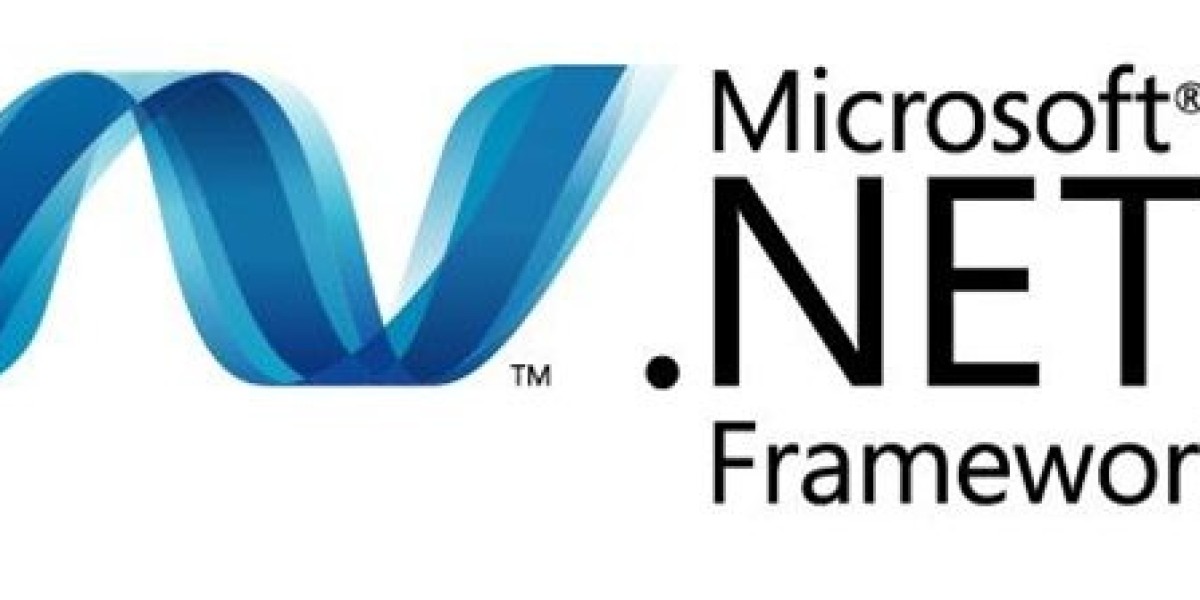The .NET Framework is a powerful and widely used development platform that provides a programming model, libraries, and tools for building various types of applications. Whether you are a developer or someone interested in software development, it's essential to understand the key aspects of the .NET Framework. In this article, we will explore ten important things you should know about the .NET Framework.
Introduction
The .NET Framework is a software development platform created by Microsoft that allows developers to build and run applications on Windows-based systems. It offers a rich set of libraries, language interoperability, and tools that simplify the development process and enhance productivity.
History of the .NET Framework
The .NET Framework was first introduced in the early 2000s as a successor to Microsoft's previous development technologies. It was designed to address the limitations of those technologies and provide a more unified and comprehensive platform for building applications. Over the years, the .NET Framework has evolved, introducing new features and improvements with each version release.
Key Features of the .NET Framework
The .NET Framework offers a range of features that make it a popular choice among developers. Some of the key features include:
Language Interoperability: The .NET Framework supports multiple programming languages, allowing developers to choose the language they are most comfortable with.
Common Language Runtime (CLR): The CLR is the execution environment provided by the .NET Framework. It manages memory, handles exceptions, and provides various services to ensure secure and efficient execution of applications.
Base Class Library (BCL): The BCL is a collection of reusable classes, types, and methods that developers can leverage to build applications.
Integrated Development Environment (IDE) Support: The .NET Framework integrates with popular development environments like Visual Studio, providing a robust set of tools for designing, coding, debugging, and testing applications.
Common Uses of the .NET Framework
The .NET Framework is used in a wide range of application development scenarios. Some common uses include:
Desktop Application Development: Developers can use the .NET Framework to build rich and responsive desktop applications for Windows-based systems.
Web Application Development: The .NET Framework provides libraries and tools for creating dynamic web applications using technologies like ASP.NET.
Mobile Application Development: With the introduction of Xamarin, a cross-platform development framework, developers can build mobile applications for iOS and Android using the .NET Framework.
Advantages of Using the .NET Framework
Using the .NET Framework offers several advantages for developers and organizations:
Productivity: The .NET Framework provides a comprehensive set of tools and libraries that enhance developer productivity and accelerate the application development process.
Language Choice: Developers can choose from a variety of programming languages supported by the .NET Framework, including C#, Visual Basic, and F#, based on their preferences and project requirements.
Security: The .NET Framework incorporates security features that help protect applications from common threats and vulnerabilities.
Community Support: The .NET Framework has a large and active developer community, providing access to resources, tutorials, and community-driven libraries.
Disadvantages of Using the .NET Framework
While the .NET Framework offers many benefits, it's important to consider the potential disadvantages as well:
Platform Dependence: The .NET Framework is primarily designed for Windows-based systems, limiting its compatibility with other platforms.
Deployment Complexity: Deploying .NET Framework applications may require additional dependencies and configurations, making the deployment process more complex.
Performance: In some cases, applications built with the .NET Framework may experience slightly lower performance compared to applications written in lower-level languages.
Versions and Updates of the .NET Framework
The .NET Framework has gone through several versions and updates since its initial release. Some notable versions include .NET Framework 1.0, 2.0, 3.5, 4.0, 4.5, and 4.8. Microsoft regularly releases updates and patches to address bugs, improve performance, and introduce new features.
Compatibility and Platform Support
The .NET Framework offers excellent compatibility with previous versions, ensuring that applications built on older versions can still run on newer versions of the framework. Additionally, the .NET Framework has expanded its platform support and now includes support for cloud-based applications and microservices through the .NET Core framework.
Development Tools for the .NET Framework
Developers working with the .NET Framework have access to a variety of development tools, with Visual Studio being the most popular and feature-rich option. Visual Studio provides an integrated development environment with a wide range of features, including code editors, debugging tools, and project management capabilities.
Popular Programming Languages for the .NET Framework
The .NET Framework supports multiple programming languages, each with its strengths and areas of application. Some of the popular languages for .NET development include C#, Visual Basic, and F#. Each language has its syntax and features, allowing developers to choose the most suitable language for their project.
Framework vs. Core: Understanding the Difference
With the introduction of .NET Core, there is often confusion about the difference between the .NET Framework and .NET Core. While both frameworks share similarities, .NET Core is a cross-platform, open-source framework designed for building modern applications that can run on Windows, macOS, and Linux. The .NET Framework, on the other hand, is primarily focused on Windows-based systems.
Security Considerations
When developing applications with the .NET Framework, it's important to consider security best practices. This includes following secure coding practices, implementing authentication and authorization mechanisms, and staying updated with the latest security patches provided by Microsoft.
Future of the .NET Framework
As of .NET 5, Microsoft has shifted its focus to .NET Core and .NET 6, which is set to be a Long-Term Support (LTS) release. While the .NET Framework will continue to be supported, Microsoft recommends migrating applications to .NET Core for future development and platform compatibility.
Conclusion
The .NET Framework is a powerful development platform that offers a wide range of features and tools for building applications on Windows-based systems. Understanding its history, key features, advantages, and disadvantages can help developers make informed decisions when choosing the right framework for their projects.








